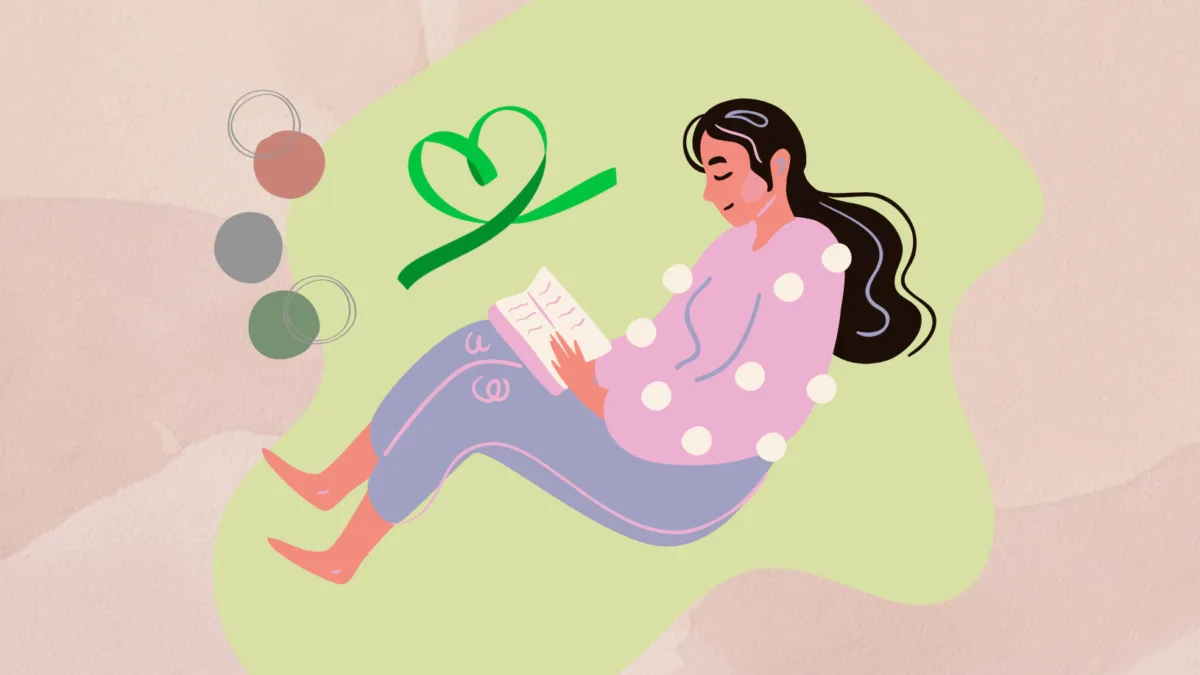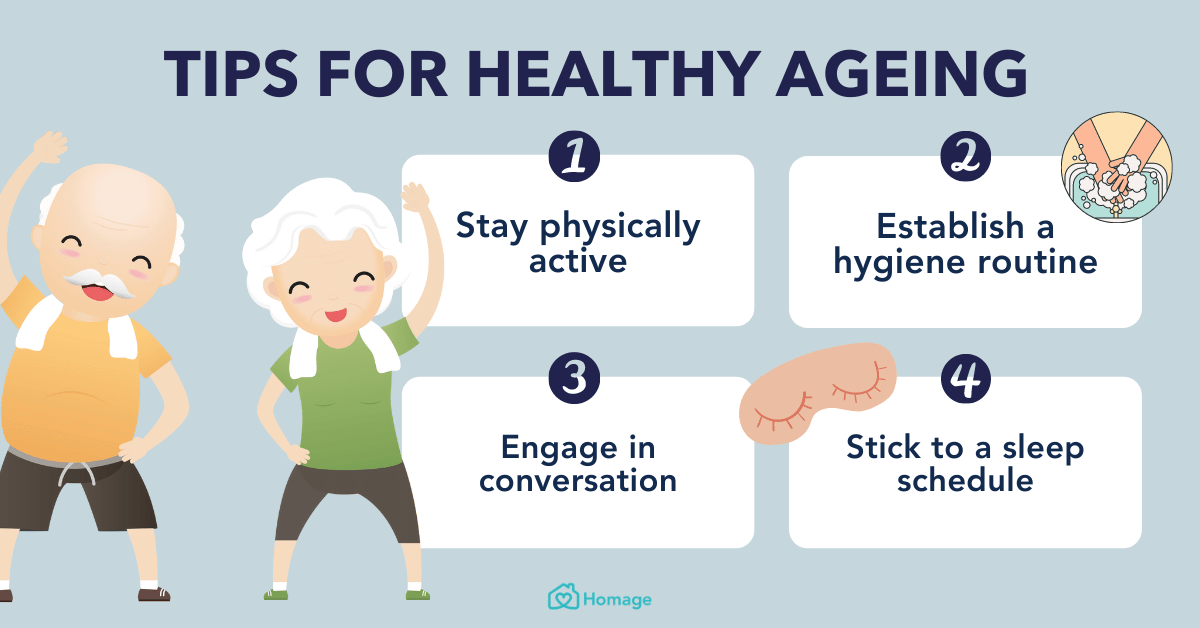
Feeling depressed before and during a menstrual period is common. Experts believe that these emotional changes occur as a result of fluctuating hormone levels.
Most people who menstruate will experience some symptoms of premenstrual syndrome (PMS), including moodiness and headaches.
However, some individuals can develop more severe symptoms, such as depression and anger. Hormones can also cause people to feel nauseated during their period.
Severe PMS symptoms may indicate another condition, which is called premenstrual dysphoric disorder (PMDD). Additionally, existing mental health conditions may temporarily worsen during a menstrual period.
In this article, we explore why some people feel depressed during a period. We also list home remedies and treatment options.
Hormonal changes during the second half of the menstrual cycle, called the luteal phase, may cause a low mood and irritability in some people.
After ovulation, which occurs midcycle, the levels of the female sex hormones estrogen and progesterone begin to fall.
Rising and falling levels of these hormones can affect brain chemicals called neurotransmitters.
Examples of these neurotransmitters are serotonin and dopamine, which are both chemicals that influence mood, sleep, and motivation.
Low levels of serotonin and dopamine can cause:
- sadness
- anxiety
- irritability
- sleep problems
- food cravings
All of these are common symptoms of PMS and PMDD.
When the levels of estrogen and progesterone begin to rise again a few days after the onset of a period, these symptoms often go away.
Despite the connection between neurotransmitters and sex hormones, it is still unclear why some people develop PMS or PMDD when others do not.
Research indicates that the levels of progesterone and estrogen are similar between people who develop a premenstrual disorder and those who do not.
Therefore, experts speculate that genetic differences may make some people more sensitive than others to changing hormone levels and the influence of these hormones on the brain.
PMS and PMDD are types of menstrual-related mood disorders. A period can also cause an existing mental health condition to worsen temporarily.
PMS
PMS causes both physical and emotional symptoms. These symptoms can begin at any stage between the end of ovulation and the beginning of the menstrual period.
Experts estimate that up to 75% of menstruating women experience some form of PMS.
The symptoms of PMS can vary greatly. Some people may have very mild symptoms, while those that others experience are debilitating.
PMS can cause:
- aches and pains
- acne
- anxiety
- bloating
- bouts of crying
- breast tenderness
- changes in appetite
- constipation or diarrhea
- depressed mood
- fatigue
- headaches
- irritability and anger
- lack of concentration
- sleep difficulties
PMDD
PMDD is a more severe form of PMS. PMDD may affect 3–8% of people with menstrual cycles.
The symptoms are so severe that they affect the person’s daily activities and, sometimes, their relationships with others.
Symptoms of PMDD include:
- severe depression, anxiety, and irritability
- panic attacks
- severe mood swings
- frequent episodes of crying
- loss of interest in activities and other people
Suicidal ideation or attempts are a possible symptom of PMDD. According to the International Association for Premenstrual Disorders (IAPMD), an estimated 15% of women with PMDD will attempt suicide in their lifetime. Transgender people have an even higher risk.
Suicide prevention
- If you know someone at immediate risk of self-harm, suicide, or hurting another person:
- Call 911 or the local emergency number.
- Stay with the person until professional help arrives.
- Remove any weapons, medications, or other potentially harmful objects.
- Listen to the person without judgment.
- If you or someone you know is having thoughts of suicide, a prevention hotline can help. The National Suicide Prevention Lifeline is available 24 hours a day at 1-800-273-8255.
PMDD also shares many symptoms with PMS, including:
- aches and pains
- acne
- bloating
- breast tenderness
- constipation or diarrhea
- fatigue
- food cravings
- headaches
- lack of concentration
- sleep difficulties
Premenstrual exacerbation
Hormonal changes before a period can make the symptoms of an existing mental health condition worse. This effect is known as premenstrual exacerbation.
Common disorders that may co-occur with PMS include:
- bipolar disorder
- depression
- persistent depressive disorder (dysthymic disorder)
- generalized anxiety disorder
- panic disorder
Research suggests that depression tends to be more prevalent among those with PMS than in those without this condition.
Individuals who experience depression during their period should speak to their doctor.
Various treatments are available for depression, PMS, and PMDD. The options range from home remedies to medication.
It can be useful to track symptoms before and during a menstrual period to help a doctor confirm a diagnosis and create a treatment plan.
People can keep a journal of their moods and their cycle, or they can use a period tracking app.
Learn about 10 of the best period tracking apps in this article.
Home remedies
Dietary and lifestyle changes may help in cases of mild PMS.
In more severe cases, or for PMDD, home remedies alone are unlikely to make a significant difference. However, they may help when individuals combine them with other treatments.
Potentially remedies include:
- eating a balanced diet and limiting the intake of sugar, fat, salt, refined carbohydrates, and alcohol
- exercising regularly
- getting enough sleep and keeping a regular sleep schedule
- reducing stress by eliminating sources of stress where possible and practicing yoga and mindfulness
Supplements may also help. Research suggests that a calcium supplement may reduce PMS-related symptoms, including depression, fatigue, and appetite changes.
It is important to speak to a doctor before taking supplements to treat PMS or any other condition.
Medication
A doctor may suggest using hormonal birth control to manage PMS symptoms. Sometimes, they may prescribe an antidepressant. Finding the right treatment can require a trial-and-error approach.
Hormonal birth control options include the pill or the patch. These may alleviate depression and other emotional and physical symptoms. In some cases, however, birth control can make depression worse.
Selective serotonin reuptake inhibitors (SSRIs) are the first-line treatment for PMDD.
People may take SSRIs throughout their menstrual cycle or during the luteal phase only. They may also be helpful for more severe cases of PMS.
Research indicates that 60–70% of women with PMDD respond to SSRIs. This rate of effectiveness is similar to that in those with major depression.
If SSRIs do not work, or if they cause undesirable side effects, a doctor may prescribe another type of antidepressant.
Individuals who experience depression regularly before or during their period may wish to speak to a doctor. Treatment is available for people with PMS, PMDD, or co-occurring mental health conditions.
If someone is at immediate risk of suicide or serious self-harm, seek emergency help by calling 911 or the local emergency number.
Anyone with suicidal thoughts can access help from the National Suicide Prevention Lifeline at 1-800-273-8255.
Experiencing low mood, anxiety, or irritability during a period is common. These symptoms should resolve a few days after the onset of the menstrual period. In mild cases, lifestyle and dietary changes may be beneficial.
If these mood changes occur regularly, persist all month, or have a significant effect on a person’s life or relationships, they may require other treatment.
Many people can get relief from PMS or PMDD with appropriate treatment.
More support and information are available through the IAPMD.
Related Post
 20
20 Jun
Journal Prompts for Mental Health: 7 Ideas to Explore
Journaling has a heap of psychological well-being benefits, however you don't necessarily have any idea what to expound on to get the worth out of a journaling meeting. That is where journaling prompts for treatment come in. More profound diary prompts.
Read More 13
13 Jun
10 Natural Health and Nutrition Tips That Are Evidence-Based
If you have any desire to help your wellbeing and prosperity, there are a lot of regular and home solutions for browse, going from keeping away from singed meats and added sugars to rehearsing reflection. With regards to understanding what's sound,.
Read More 04
04 Jun
4 Tips for Preventing Food Allergies at School
Most guardians send their kids off to start another school year with energy. However, guardians of youngsters with extreme food sensitivities frequently have genuine apprehension. They frequently wonder: Will their kids inadvertently eat the food they're hypersensitive to? Food sensitivities are.
Read More 30
30 May
Everything You Need to Know About Healthy Aging
Maturing is unavoidable, yet if you reexamine the manner in which you take a gander at the excursion and do whatever it takes to really focus on yourself in every second, you'll track down the delight and liveliness of the.
Read More